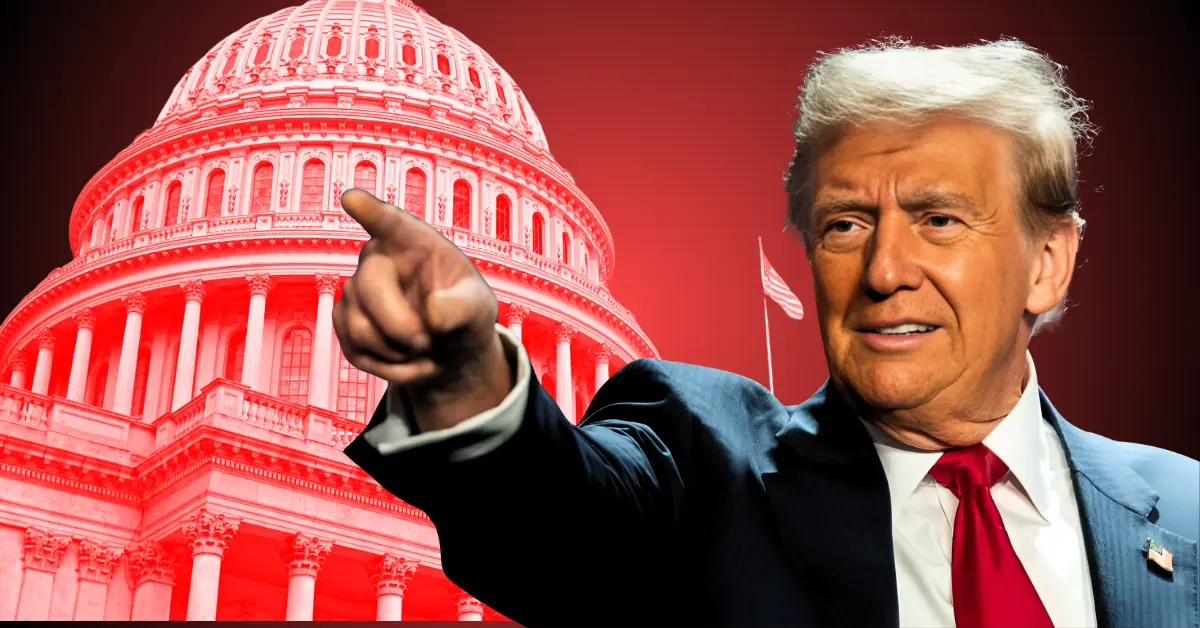A Tangled Web: Geopolitics, Digital Finance, and a Trump-Pakistan Rendezvous
The unexpected encounter between former US President Donald Trump and Pakistan’s Army Chief, General Syed Asim Munir, has sent ripples across diplomatic circles and ignited a firestorm of speculation. What was presented as a possible reconciliation after a decade and a half of strained relations is further complicated by a controversial cryptocurrency deal allegedly involving a firm with Trump family connections. This complex situation raises profound questions about the intersection of business, diplomacy, and national security, demanding a closer examination.
Re-Engaging After a Decade: A Strategic Shift?
The invitation extended to General Munir signifies a notable shift in US-Pakistan relations. Historically, meetings between Pakistani military leaders and US presidents, figures like Zia-ul-Haq and Pervez Musharraf, were not uncommon. However, in recent years, such high-level engagements have been rare. This current meeting is particularly intriguing, happening against a backdrop of global uncertainty, including the ongoing tensions in the Middle East. While the publicly stated agenda centers on regional security, counter-terrorism collaboration, and bilateral relationship enhancement, the looming shadow of the cryptocurrency deal suggests a deeper, potentially commercially driven motive behind these discussions.
Decoding the Crypto Connection: A Deal in the Making?
At the heart of the controversy lies a proposed agreement between World Liberty Financial (WLF), a US-based fintech company purportedly with a substantial stake (around 60%) held by the Trump family, and the newly formed Pakistan Crypto Council (PCC). This deal, formalized through a Letter of Intent in April 2024, aims to promote blockchain technology, encourage the adoption of stablecoins, and integrate Decentralized Finance (DeFi) into Pakistan’s financial framework. The PCC, a relatively new organization, portrays the agreement as a critical move toward establishing Pakistan as a global leader in the digital finance revolution and exploiting its potential within the rapidly expanding cryptocurrency market.
The involvement of General Munir in welcoming a US delegation linked to the Trump family during the signing ceremony is particularly noteworthy. This direct engagement by a figure with immense power in Pakistan raises critical questions about the level of state endorsement and the potential strategic implications of this deal. Moreover, the timing of this endorsement shortly after the Pahalgam attack has further intensified concerns and suspicions.
Regional Repercussions: India’s Concerns and Global Scrutiny
This potential alignment between Trump and Pakistan, especially within the context of the cryptocurrency deal, has understandably raised concerns in New Delhi. The perceived alignment between Trump and Pakistan, coupled with the cryptocurrency deal, has understandably raised eyebrows in New Delhi. Beyond India, the deal has attracted global scrutiny. The involvement of a US firm with ties to a former president in a significant financial undertaking in Pakistan, particularly one involving a nascent and largely unregulated sector like cryptocurrency, raises concerns about transparency, potential money laundering, and the possibility of circumventing international sanctions. Some analysts speculate that the deal could open the door to broader discussions concerning critical minerals and counterterrorism initiatives; however, the inherent commercial interests are undeniable.
Unraveling Motives: Speculation and Potential Agendas
Multiple theories seek to explain this confluence of events. One theory suggests the cryptocurrency deal could be a strategic move to revitalize Pakistan’s economy, stimulating foreign investment and potentially bypassing traditional financial constraints. Another proposes that the Trump family aims to capitalize on Pakistan’s burgeoning cryptocurrency market, leveraging political connections for a lucrative advantage.
A more skeptical interpretation suggests a form of political maneuvering. Trump might be indicating a willingness to engage with Pakistan in exchange for favorable business terms or political leverage. The hints of Trump potentially mediating in the Kashmir dispute, as reported in some media, add fuel to this speculation. The potential impact of the deal on future US policy towards Pakistan, particularly regarding counterterrorism efforts and regional security, should not be overlooked.
Beyond the Digital Realm: A Broader Thaw in Relations?
While the cryptocurrency deal grabs headlines, it likely forms part of a larger strategy to recalibrate US-Pakistan relations. The meeting between Trump and Munir provides a valuable platform to discuss a range of critical issues, including regional stability, counterterrorism collaboration, and the evolving geopolitical dynamics of South Asia. Discussions about critical minerals suggest a potential US interest in securing access to resources crucial for emerging technologies.
However, the lingering questions surrounding the cryptocurrency deal cast a shadow on these discussions, raising concerns about the true motivations behind this renewed engagement and its potential consequences for regional stability and international norms. The lack of a detailed published agenda only intensifies the ambiguity surrounding the meeting.
Charting the Course: Navigating a Complex Future
The meeting between Trump and Munir, and the entangled cryptocurrency deal, represents a complex intersection of geopolitical strategy, commercial objectives, and potential risks. This situation demands a thorough examination and a nuanced understanding of the underlying motivations of all involved parties. As the relationship between the US and Pakistan enters a new and unpredictable phase, the long-term implications of this engagement remain uncertain. This convergence of digital finance and international relations underscores the urgent need for increased transparency and accountability in such transactions, ensuring they align with broader national security interests and promote regional stability.

